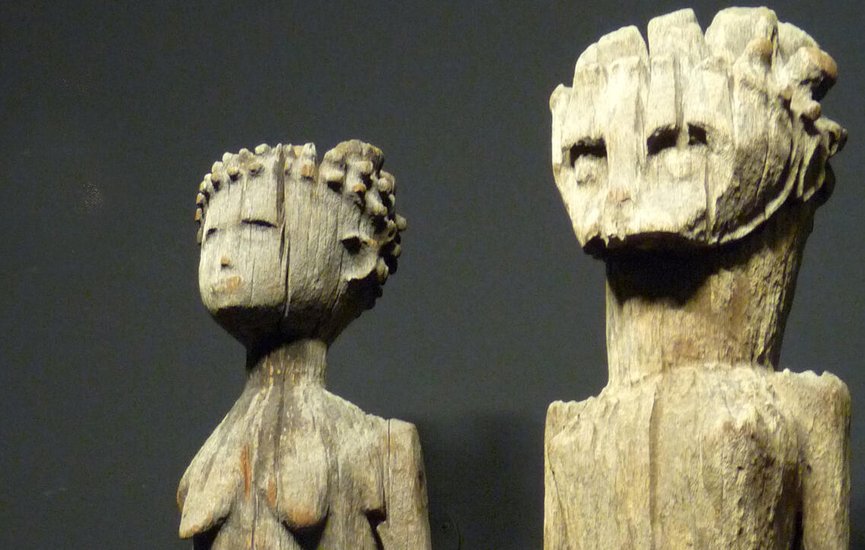The skull of King Toera, a Malagasy king killed by French troops during the colonial era, has officially been returned to Madagascar.
The handover ceremony, which also included the skulls of two other members of his court, was held at the French Ministry of Culture in Paris. The remains were taken to France in the late 19th century and had been kept at the Museum of Natural History in Paris.
This marks the first application of a new law designed to speed up the return of human remains from French collections.
At the handover ceremony, French Culture Minister Rachida Dati stated, "These skulls entered the national collections in ways that clearly violated human dignity and were part of a context of colonial violence."
In August 1897, French forces, seeking to assert control over the Menabé kingdom of the Sakalava people in western Madagascar, massacred the local army. King Toera was killed and decapitated, with his head sent to Paris, where it was stored in the Museum of Natural History archives.
After nearly 130 years, pressure from King Toera's descendants and the government of Madagascar paved the way for the skull's return. While DNA tests on the skull were inconclusive, a Sakalava spirit medium confirmed that it belonged to the king.
Madagascar's Culture Minister Volamiranty Donna Mara called the return of the skulls a "significant gesture," stating, "Their absence has been, for more than a century... an open wound in the heart of our island."
This is not the first time that France has returned human remains from the colonial era. In 2012, the remains of the South African woman known as the "Hottentot Venus," who had been displayed in Europe, were repatriated. However, this marks the first return under a recent law designed to simplify the process.
The Museum of Natural History in Paris alone is estimated to hold more than 20,000 human remains, which were brought to France for supposed scientific purposes.
